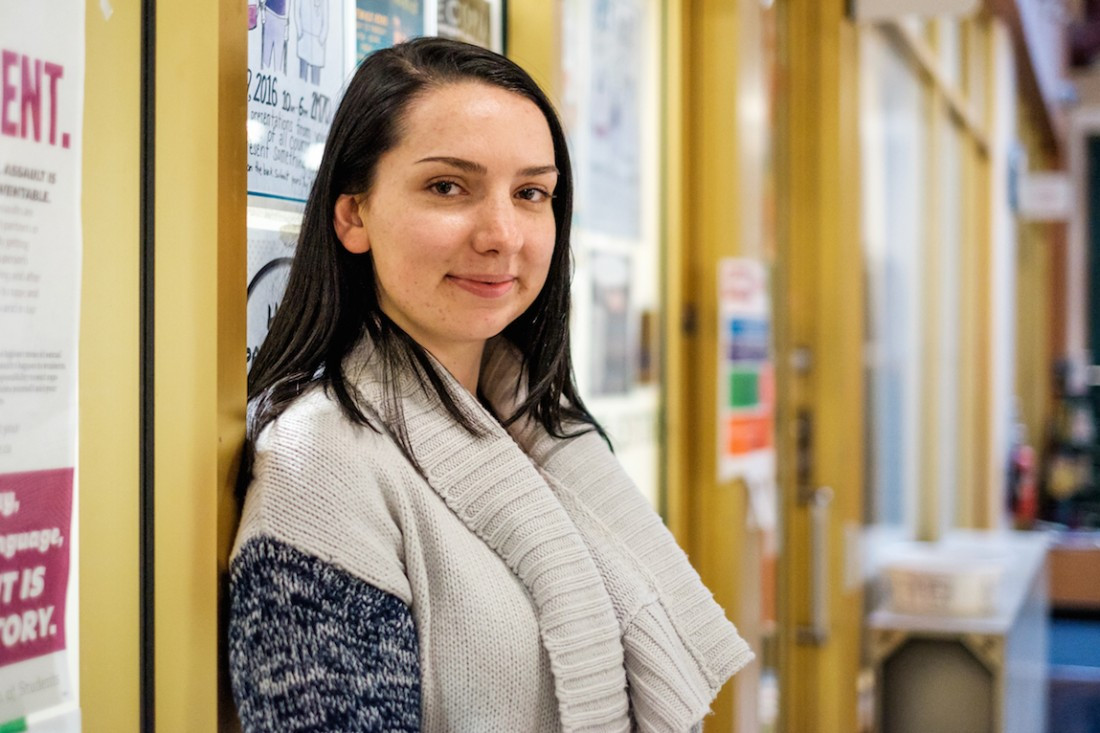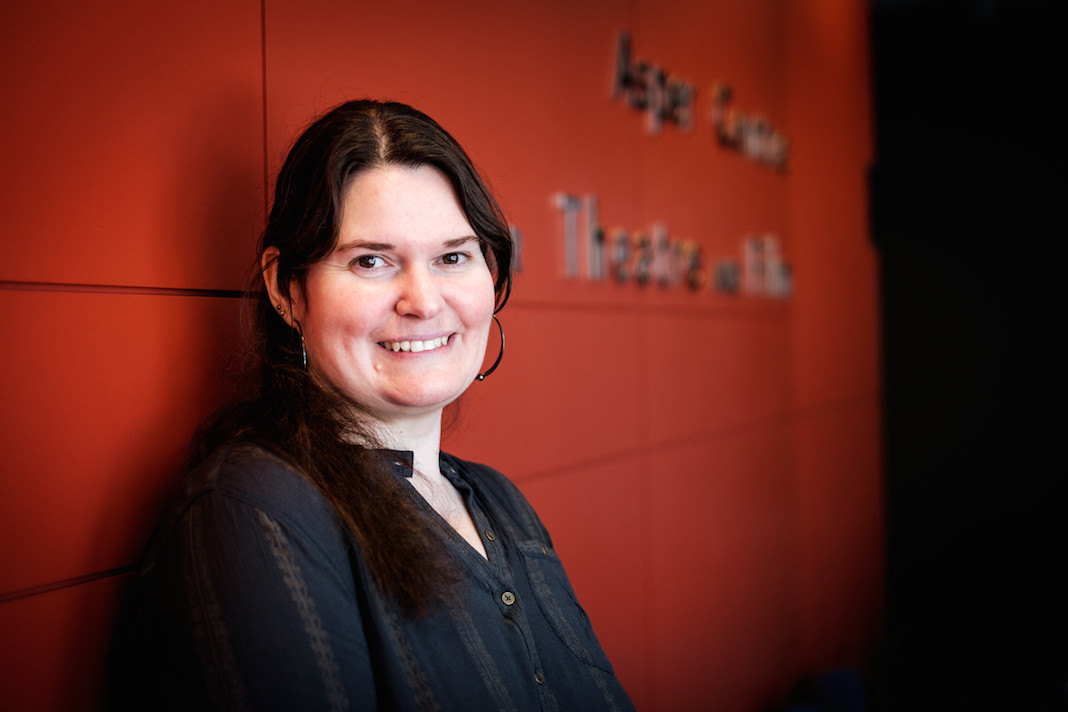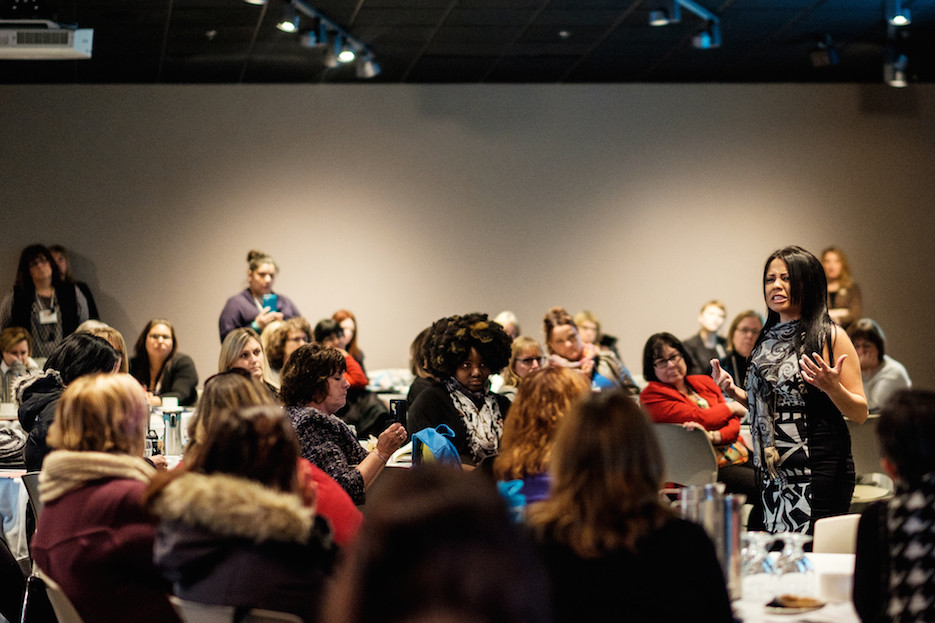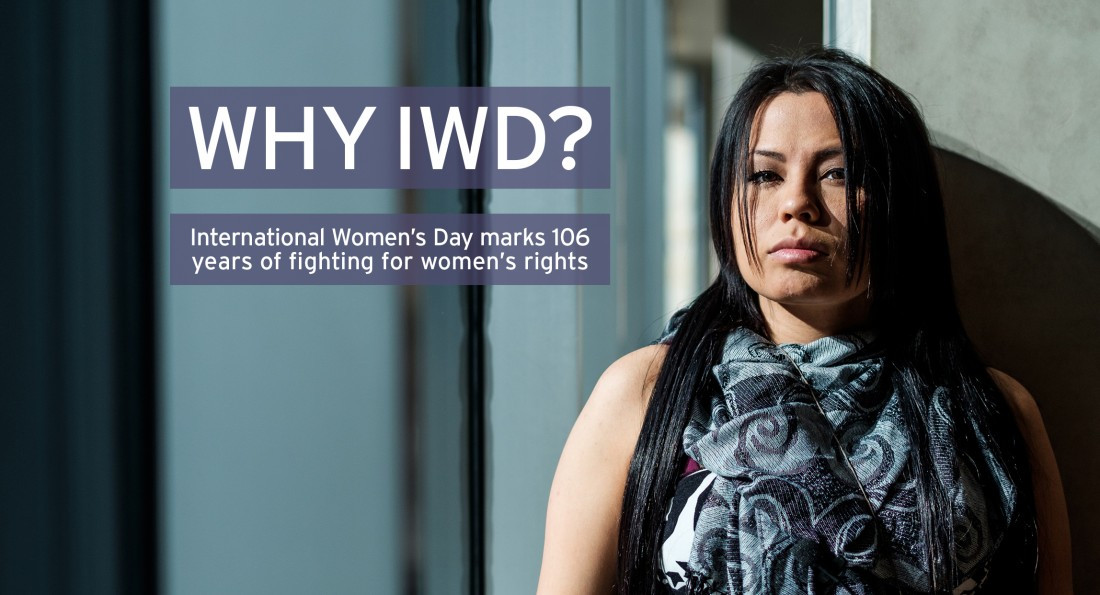Why IWD?
International Women’s Day marks 106 years of fighting for women’s rights
For many years women have been fighting for gender equality, and even though they’ve come a long way, the battle is still far from over.
In 1910, the Socialist International meeting in Copenhagen established an International Women’s Day (IWD) to recognize the movement for women’s rights and to strengthen the idea of the women’s equal right to vote.
That notorious moment triggered numerous events, such as rallies for the right to vote and protests against discrimination at work. The consequences of those struggles played a major part in forming society as we know it now in 2016.
IWD is celebrated on March 8 across the world. This is the day when women celebrate how far they’ve come and the trail that is still to be walked.
The right to vote, work, get an education and have an income are things that weren’t available for women in the past. These are things they had to fight for, and the things that they’ve acquired with their own hands.
But even with those wins left behind, women still have many issues they have to face everyday. The right to work, for example, is clouded by inequality and workplace harassment.
IWD is an important day to not only commemorate past achievements, but also to take pause and look into the future. And, of course, to have fun.
IWD in Winnipeg
Kelby Loeppky, status of women director at the UWSA.
The traditional annual march is once again organized by a group of volunteers called the IWD planning committee. Kelby Loeppky, the status of women director at the UWSA, is a part of the committee. She says that the march is a great way for people of all ages and genders to get involved.
“For us to march is kind of a way to celebrate, to make noise, to bring attention to women’s issues and also to celebrate together,” Loeppky says.
The march is open for everybody and will start at Portage Place and will take a route ending in the Bulman Centre in the University of Winnipeg (U of W).
Apart from the march, there are many other events designed to celebrate IWD.
Sarasvàti Productions, a theatre that presents significant social issues and engages in community collaboration, holds the International Women’s Week Cabaret of Monologues: Stolen Sisters. The goal of the event is to honour women by telling their stories, as well as tackle the topic of gender-based violence.
Hope McIntyre, the artistic director for Sarasvàti Productions, says that lots of artists felt like the issue of murdered and missing women should be addressed.
Hope McIntyre, the artistic director for Sarasvàti Productions.
As part of the cabaret, Mary Black will perform her poem Quiet, which went viral after she posted a video of herself reciting the poem on Facebook. Black wrote the poem as a rant, a response to trauma, to sexual abuse and to growing up in care.
She performed a live, extended version of the poem for the first time on Feb 29. It is longer than the Facebook video, Black says, and more positive; she planned to “turn it around and say, ‘How are we going to fix that?’”
The Women-Trans Spectrum Centre (WTSC), a resource centre for women and trans students at the U of W, will also host multiple events throughout International Women’s Week.
“To me (IWD exists) to challenge the oppression towards women, all forms of oppression and how other forms of oppression intersect with being a woman – racialized, misogyny, and class,” Marieke Gruwel, the coordinator of the WTSC, says.
“There is a lot of sexual assault that happens on campus and it’s very, very underreported.”
Dr. Sharanpal Ruprai, an assistant professor in the Women’s and Gender Studies department at the U of W, says that the past year brought some big changes.
“In Canada this year has been tremendous in terms of having something like (Justin Trudeau’s) ‘because it’s (2015)’, because we have half the women in Parliament federally,” Ruprai says. “Rachel Notley is the first premier, woman premier provincially in Calgary. It seems like really big moments happening. We also have (the) inquiry into the missing and murdered indigenous women.”
The fight is still not over
Mary Black performs her poem “Quiet” in front of an audience of teachers at the Canadian Museum for Human Rights.
McIntyre also says that there is the misconception that the work is already done. She believes that while women don’t have economic security, they will continue to be exploited.
“When it comes to equality, women are still only making 70-some cents to a dollar that men are making in North America. In theatre our experience is that less than 30 per cent of plays produced in Canadian theatres are written by women,” McIntyre says.
“And certainly the stories we’ve heard from indigenous women and women working in the sex trade, women who are working in areas where they’re poor, there is still a lot of exploitation happening and I think we don’t have to look very far outside of Winnipeg to see that.”
Sharing stories is a vital ingredient for making changes for indigenous women.
“Using our voices in something that is vital to our healing,” Black says. “We’ve carried that shame and that guilt. It’s not ours to carry. It’s time to move forward.”
“Unfortunately the common ground (for women) that we have right now is that women are still at a disadvantage,” McIntyre adds. “When we talk to women, they’re able to share experiences of being treated as sexual objects and the common experience of being underpaid or undervalued in the workforce.”
Another question that comes with IWD nowadays is how we define woman. “There is no one single woman’s story or experience,” McIntyre says.
Gruwel says that this is one of the questions they’re facing yet. She states that it shouldn’t depend on the physical appearance.
“Something we start to work on, but we still have a lot of work on doing, is making sure that we’re celebrating all women. That goes back to saying that we celebrate those who identify as women.”
So moving beyond a simplistic understanding of biological sex, IWD is for anyone who identifies as a woman, according to Gruwel.
Dr. Ruprai also adds that the important thing is that the celebration should be all-inclusive.
“One thing (that) has been fantastic for women’s movements is a choice. You get to choose your pronouns that you use. And I would fully embrace men to celebrate IWD, because, as our prime-minister has already said, feminist is not a dirty word.”
Published in Volume 70, Number 22 of The Uniter (March 3, 2016)








